Abstract
Non-fungible tokens (“NFTs”) are an emerging digital asset that has captured worldwide attention with multi-million-dollar price tags for what appear to be basic pixelated JPEG files and a total market value reaching into the tens of billions. On one hand, NFTs may be poised to revolutionize creative industries and drastically alter consumer interaction with digital media. On the other hand, the NFT market is ripe for speculative investment and vulnerable to criminal activity. To date, there appears to be no consensus on the regulation of NFTs, whether from the perspective of generally applicable laws, regulatory capture under existing financial market regulation, or the implementation of new digital asset laws. This article highlights several pertinent dangers of NFTs, including the profound misunderstandings of what an NFT transaction entails, their bubble-like pricing, and various criminal activity concerns. By illustrating how existing laws and regulations may not fully capture nor address these dangers, as well as the potential oversight of NFTs in newly proposed digital asset laws, this article proposes a categorical approach to regulating NFTs by reducing the current (and likely future) use cases of NFTs to their constituent categories and, thereafter, suggesting the most appropriate regulatory approach to each. Ultimately, given the potential wide-ranging use cases of NFTs, this article finally proposes that an NFT’s intended use-case—described in broad categorical terms—or more aptly, its underlying reference asset and simultaneous conveyance (or lack thereof) should dictate the regulatory approach.
Link to Full Article:
